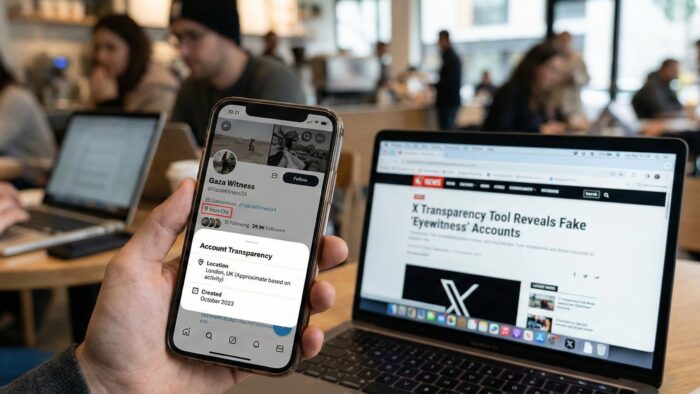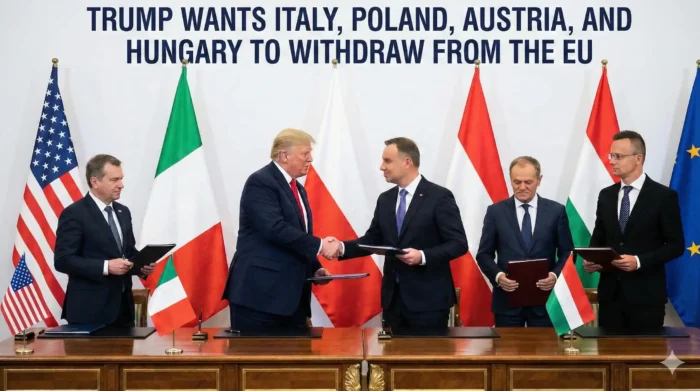Routledge has recently published a book by Oxford academic Dr. Diana Galeeva on Qatar’s practice of ‘rented power’ which details how the gas-rich rentier state wields power through engaging with non-state actors such as political Islamists and media outlets. The book argues that Qatar’s engagement with such actors allows it to ‘rent’ the well-established influence of non-state actors due to their transnational nature. According to the book description:
May 2022 This book explains the parameters of Qatar’s political growth by developing an alternative theory of power – ‘rented’ power. The author demonstrates how Qatar’s emergence as a regional power can be solely explained by its capacity as a gas-rich rentier state. By using Qatar as an empirical case study of the ‘rented’ power theory, readers will gain insight into Qatar’s engagement with non-state actors (political Islam, tribes, media, sports, and others) to wield its power, allowing Qatar to ‘rent’ the well-established influence of non-state actors due to their transnational nature. The Qatari case demonstrates a state’s ability to establish a patron-client relationship with non-state actors, overcoming limitations set by size or military strength to gain international influence.
Read the rest and buy the book here.
The book defines ‘rented power’ as “the power employed by a well-endowed state to back a non-state actor in return for access to the latter’s transnational influence.” Galeeva dedicates a chapter to Qatar’s engagement with Islamist actors, including the Global Muslim Brotherhood and its spiritual leader Youssef Qaradawi, which she says has “offered notable pragmatic political opportunities since 1995”. According to the chapter’s introduction:
This chapter demonstrates Qatar’s wielding of rented power by examining its engagements with political Islam non-state actors. Although Qatar subscribes officially to Wahhabism and follows the Hanbali School of Islamic Law, it has engaged for pragmatic reasons with a number of different ideological groups, including both Sunni and Shi’a movements. These include the Muslim Brotherhood, the Libyan Islamic Fighting Group, al- Nahda, Hamas, the Lebanese Hizbullah, Taliban, the Houthis and Chechen separatists. This chapter focuses initially on the scope of rented power, demonstrating how a state dealt with non-state actors. Qatar has developed close personal connections with members of the Muslim Brotherhood, al-Nahda, the Libyan Islamic Fighting Group and Chechen separatists; as well as indirectly being involved in mediation efforts, examples of such engagements are demonstrated in the case studies of Hamas, the Houthis, Hizbullah and Taliban. Secondly, the chapter illustrates the domain of Qatar’s rented power, the geographical extent of Qatar’s influence over transnational Islamist movements. Then it discusses the weight of rented power, the influence that Qatar rented due to such engagements. Finally, the chapter looks at the cost that Qatar paid because of its engagements with political Islam non-state actors.
Another chapter illustrates how Qatar overtly and covertly backs various non-state media actors who share the state’s agenda and have clear connections with representatives of Qatar’s leadership, including Al Jazeera and the Middle East Eye. According to the chapter’s introduction:
This chapter examines Qatar’s wielding of rented power by backing media non- state actors. Qatar, directly and indirectly (scope), has backed media non- state actors, including al- Jazeera, Middle East Eye (MEE), al-Araby TV, Arabi21, Libya al-Ahrar TV, The New Arab (al-Araby al- Jadeed) and Arabi Post (formerly known as HuffPost Arabi). Engaging with these media non- state actors will be presented in the scope (of rented power) by detailed analyses of both methods. Firstly, the chapter focuses on al-Jazeera, demonstrating the domain and weight gained as a result of this engagement. The global reach of the domain will be examined and Qatar’s rented narratives for competing with political opponents, renting the popularity of Islamist narratives and especially benefiting from these during the Arab Spring, and renting the recognisable voice of al-Jazeera to gain self-recognition worldwide. However, funding al- Jazeera also came at a cost for Qatar, which was accused of funding the ‘mouthpiece of Al Qaeda’ (Zayani, 2005:23), and which led to a deterioration in relations with some Middle East states, particularly Qatar’s neighbours. Secondly, the chapter examines Qatar’s links with other less well- known media non-state actors that emerged primarily after the Arab Spring, and their contribution to Qatar’s rise. This is discussed in the scope of the backing of other media non-state actors. Using the traditional measurement, rented power will be examined by demonstrating the domain and weight that Qatar achieved (and the cost to Qatar) using this method.
The Global Influence Operations Report (GIOR) appears to be the only publication worldwide that regularly reports on Qatar’s influence operations, including how it uses Al Jazeera to advance its goals, how it supports Muslim Brotherhood networks in Europe, and how it spends millions on lobbying efforts in the US.









